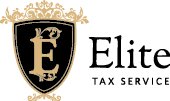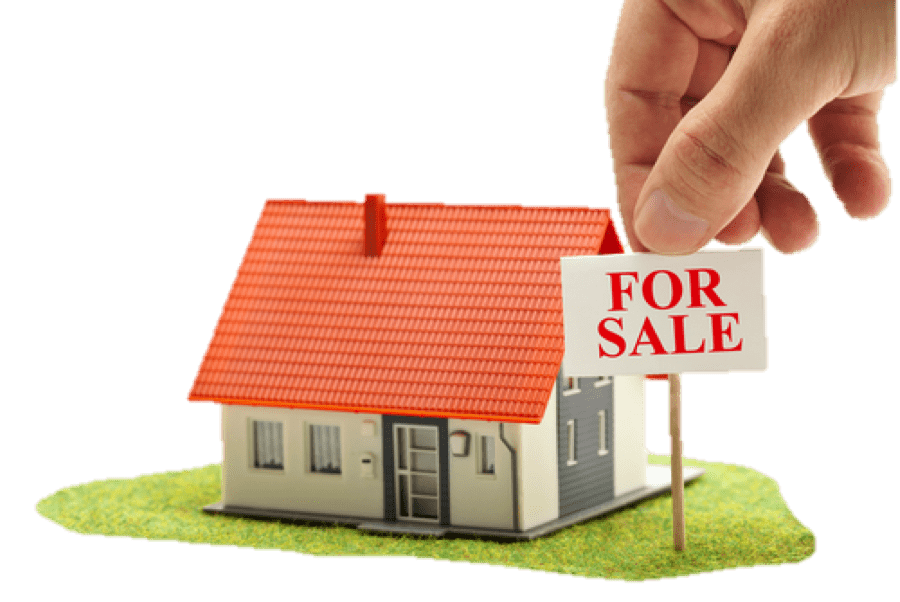As part of the Liberal government’s tightening of mortgage lending rules last October, Canadians who sold their homes in 2016 must report it to the Canada Revenue Agency in their income tax return. This measure is not a huge change for tax preparation because any net gains remain tax-free if the home was their principal residence. Information that must be reported includes: year of purchase, proceeds of the sale, and the description of the property; according to The Canadian Press. To claim the home sale, include the pertaining information in the same form as capital gains from investments are to be listed.
Although this will affect tens of thousands of Canadians, there won’t be additional tax to be paid if it is the principal residence. There is however tax to pay if the home was used as a rental property.
If the home is not the principal residence for the entire period of homeownership, then a calculation will be made to determine how much you will be taxed. Those who do not report the home in their income tax will face penalties of up to $8,000.
Reporting property in your income tax becomes more complicated if you also own a cottage, says John Sliskovic, a tax partner at EY’s private client services business.
“The planning behind that is still the same in that the property that has the greatest accrued gain is the one that you want to take advantage of the principal residence exemption for,” Sliskovic told The Canadian Press.
Sliskovic says these changes were made last fall in order to make it easier for the CRA to catch unscrupulous taxpayers who seek to claim the principal residence exemption on multiple properties for the same period. Before this change, the federal government had very little information on what Canadians were claiming as their principal residence.

